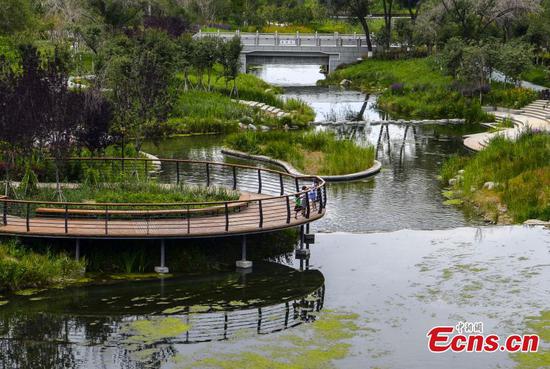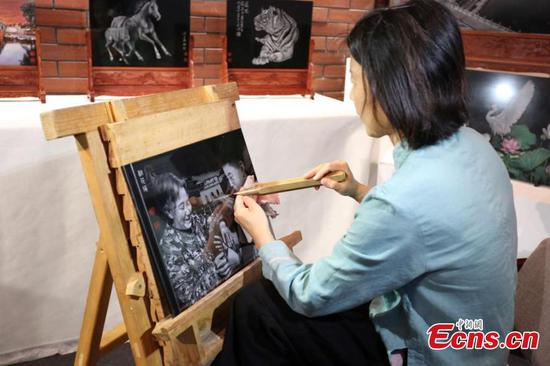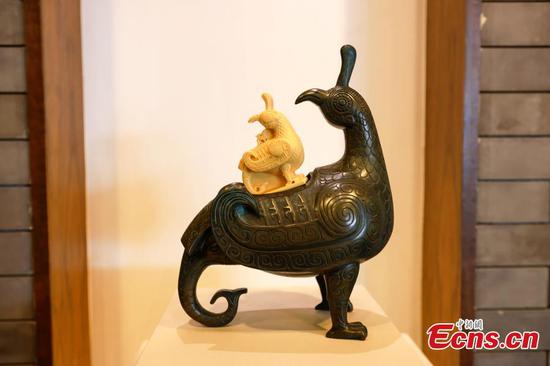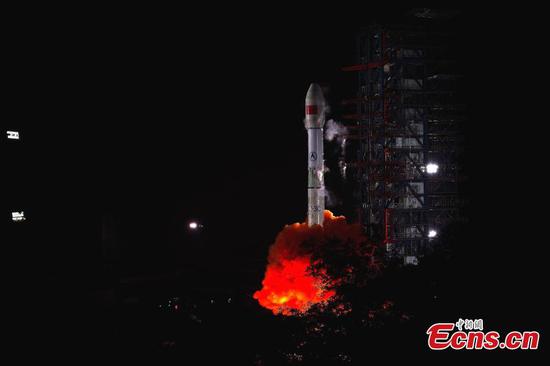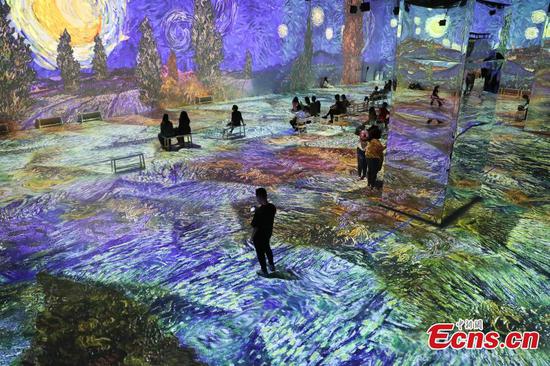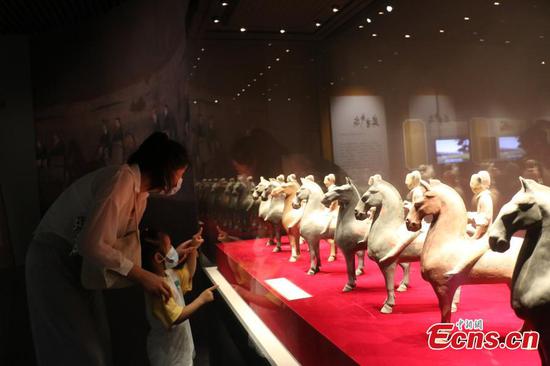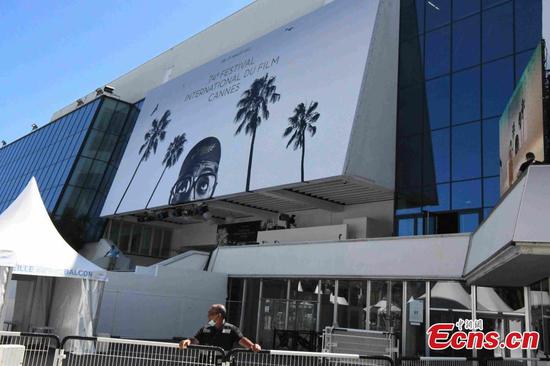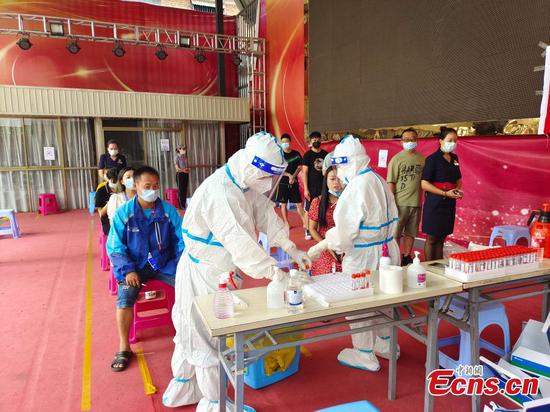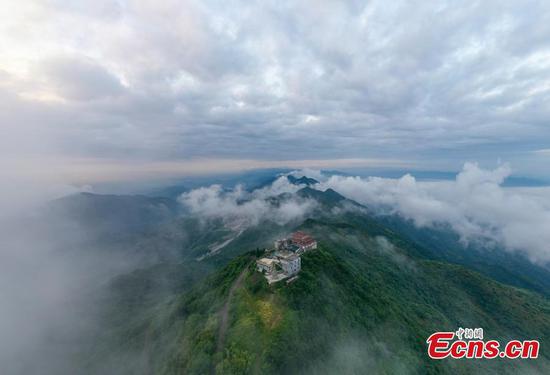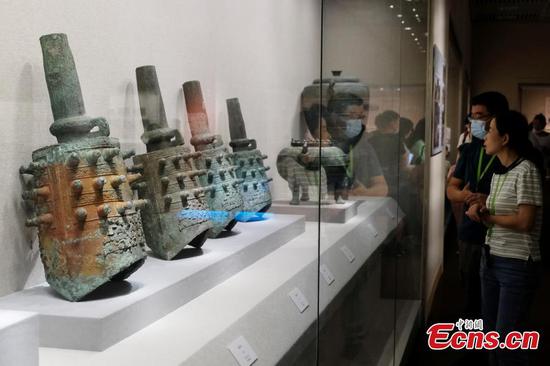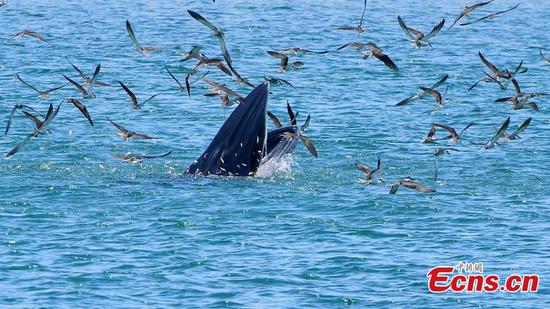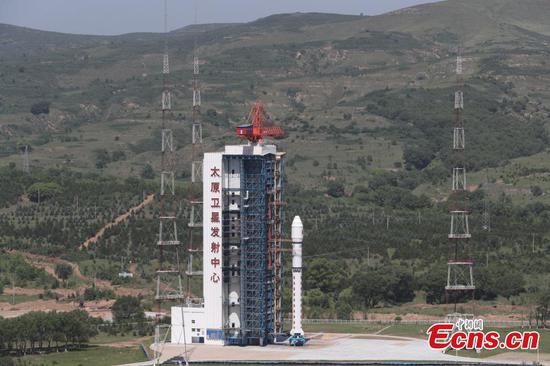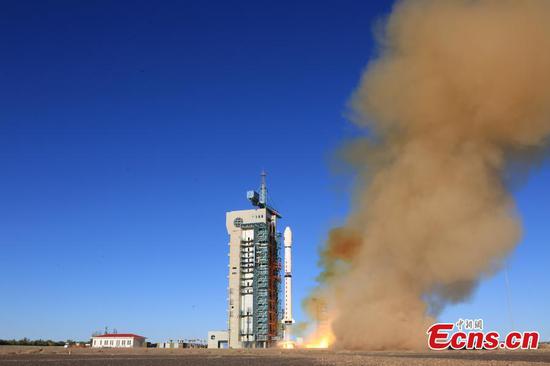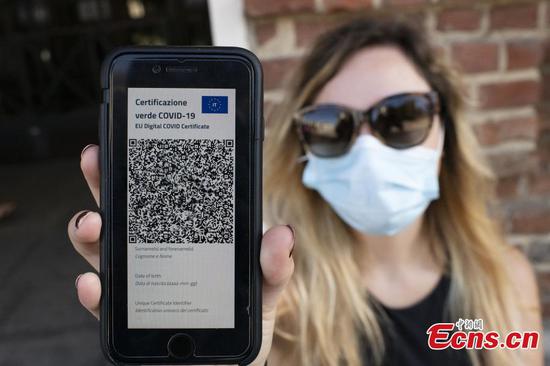The virus that led to the COVID-19 pandemic evolved in nature, and suggestions of a laboratory-leak source "remain without scientifically validated evidence", a group of international scientists wrote in The Lancet medical journal.
In a letter published on Monday, 24 physicians, veterinarians, epidemiologists, virologists, biologists, ecologists and public health experts from around the world dismissed the lab-leak notion, as recent, peer-reviewed studies strongly suggest that COVID-19 has a natural origin.
In February last year, the same team of scientists wrote in a letter, also published in The Lancet, saying: "We stand together to strongly condemn conspiracy theories suggesting that COVID-19 does not have a natural origin."
In the new letter, which ran under the headline "Science, not speculation, is essential to determine how SARS-CoV-2 reached humans", the group writes, "Recently, many of us have individually received inquiries asking whether we still support what we said in early 2020.
"The answer is clear: We reaffirm our expression of solidarity with those in China who confronted the outbreak then, and the many health professionals around the world who have since worked to exhaustion, and at personal risk, in the relentless and continuing battle against this virus. Our respect and gratitude have only grown with time."
The authors said their original letter was also intended to express their working view that SARS-CoV-2 "most likely" originated in nature and not in a laboratory.
This view was based on early genetic analysis of the new virus and "well-established evidence" from previous emerging infectious diseases, including the coronaviruses that cause the common cold as well as the original SARS-CoV and MERS-CoV, they wrote.
SARS-CoV-2 stands for severe acute respiratory syndrome coronavirus 2, the virus that causes COVID-19, while MERS is short for Middle East respiratory syndrome, another viral respiratory illness.
As of Tuesday, the world has reported more than 183.9 million confirmed coronavirus cases, with COVID-19 deaths nearing 4 million, according to the World Health Organization.
"We believe the strongest clue from new, credible and peer-reviewed evidence in the scientific literature is that the virus evolved in nature, while suggestions of a laboratory-leak source of the pandemic remain without scientifically validated evidence that directly supports it in peer-reviewed scientific journals," the new letter says.
Foreign Ministry spokesman Wang Wenbin said at a news briefing on Wednesday that the report of the China-WHO joint mission, released in March, made it clear that a lab leak is extremely unlikely as the origin.
Regrettably, some in the United States have blatantly engaged in political maneuvering on the issue of origin, and their only purpose is to shift to China the responsibility for their own failure, Wang said.
Such political tricks won't change the fact that over 600,000 lives were lost in the US due to politicians who have ignored science and politicize the anti-pandemic response, he added.
The authentic conclusion reached by the WHO joint mission will not change, Wang said, adding that origin tracing of the virus will not be limited to a single region and should be carried out in many countries and regions.
In late May, US President Joe Biden called for a US-based probe into the origins of COVID-19. The administration gave US intelligence agencies 90 days to report on whether the virus originated from an animal source or from a laboratory accident.
Almost a month later, Biden administration officials cautioned that the 90-day review may not produce a "definitive" explanation, The Wall Street Journal reported on June 27.
Beijing has strongly opposed the politicization of COVID-19 origin tracing, saying that it is a scientific issue on which China has always maintained an open and transparent attitude.
The Lancet letter's authors also said allegations and conjecture do not help, as they do not facilitate access to information or an objective assessment of the virus' pathway that might help to prevent a future pandemic.
"Recrimination has not, and will not, encourage international cooperation and collaboration," they said.
"It is time to turn down the heat of the rhetoric and turn up the light of scientific inquiry if we are to be better prepared to stem the next pandemic, whenever it comes and wherever it begins," they wrote.
The authors are scientists from universities and institutes in countries including the US, the United Kingdom, Germany, Spain, Italy, Australia, Malaysia and China's Hong Kong Special Administrative Region.









